
-
Ten everyday lessons
Read more: Ten everyday lessonsChantelle Gray offers a vivid tribute to Deleuze and Guattari’s radical becomings, calling for creative resistance and world-making.


Chantelle Gray offers a vivid tribute to Deleuze and Guattari’s radical becomings, calling for creative resistance and world-making.
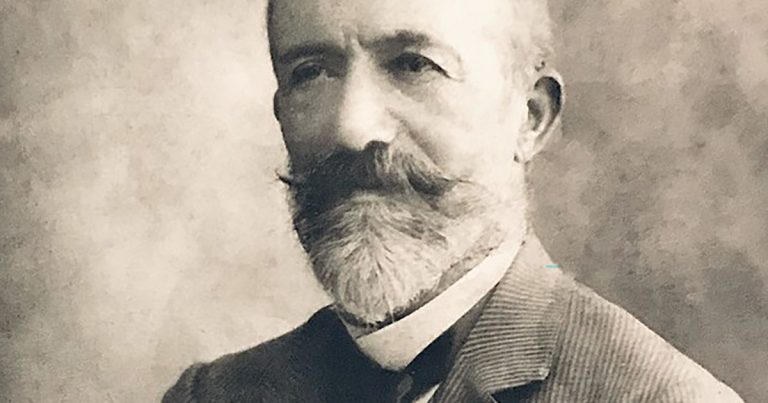
C. Ceyhun Arslan discusses the inspiration behind his new book, and the surprises he encountered along the way.
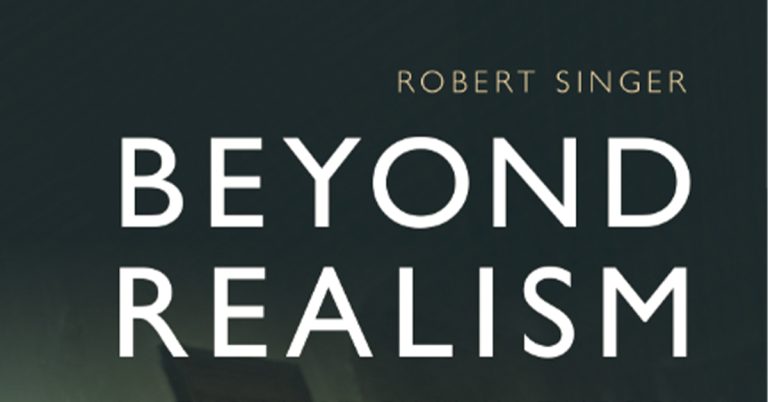
by Robert Singer Robert Singer, the author of Beyond Realism: Naturalist Film in Theory and Practice, discusses the inspiration behind…

Discover the story of Scottish Studies at Edinburgh University Press – the first publications, the books that changed the field and what you can expect to see in future
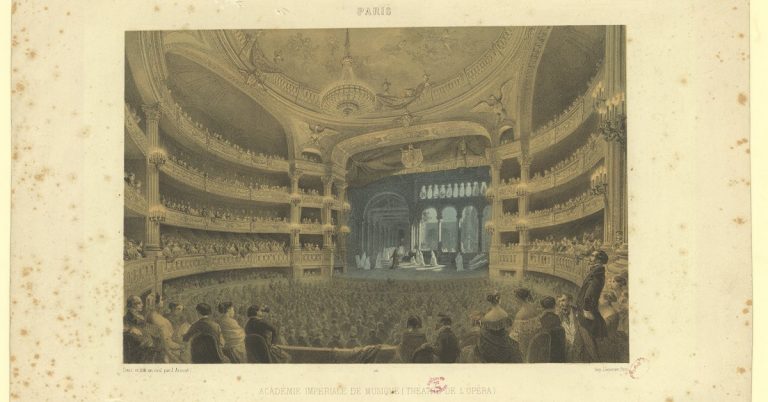
by Elisa Cazzato Those who have familiarity with the work backstage in a theatre or dance production will know that…

Magnus Marsden explores the connection between built neighbourhoods and heritage.

by Nicola Wilson, Claire Battershill, Sophie Heywood, Marrisa Joseph, Daniela La Penna, Helen Southworth, Alice Staveley and Elizabeth Willson Gordon…
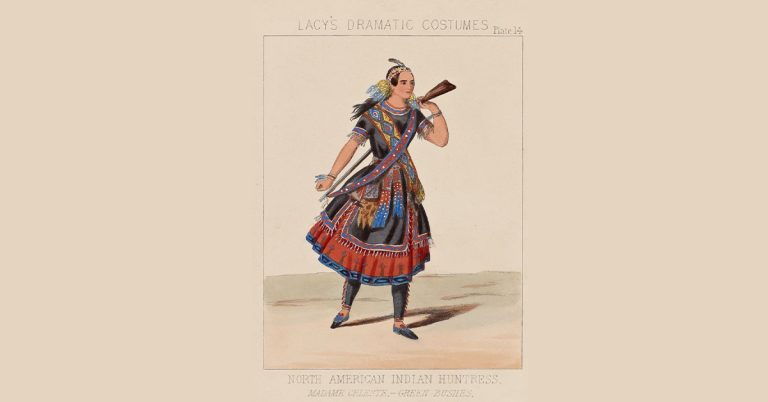
By Lynn Matluck Brooks Ballet in early America? Didn’t we have to wait for the Russians to show up in…
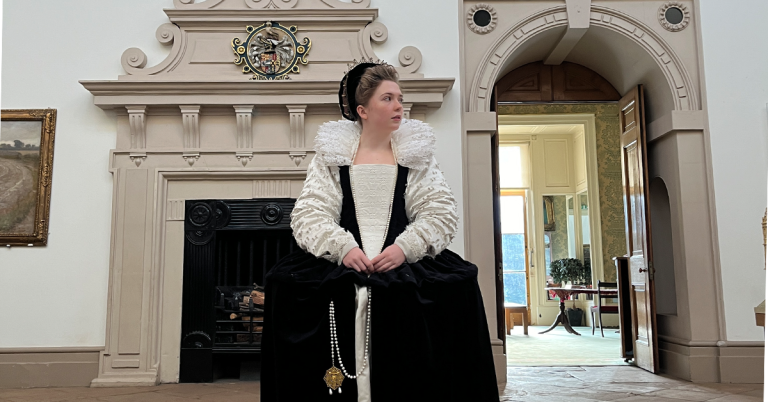
by Ninya Mikhaila The discovery of rare, or unknown items of historic dress is always exciting. It can also be…

Explore the journey of Art and Visual Culture publishing at Edinburgh University Press, from the 1960s to the most recent and innovative publications.